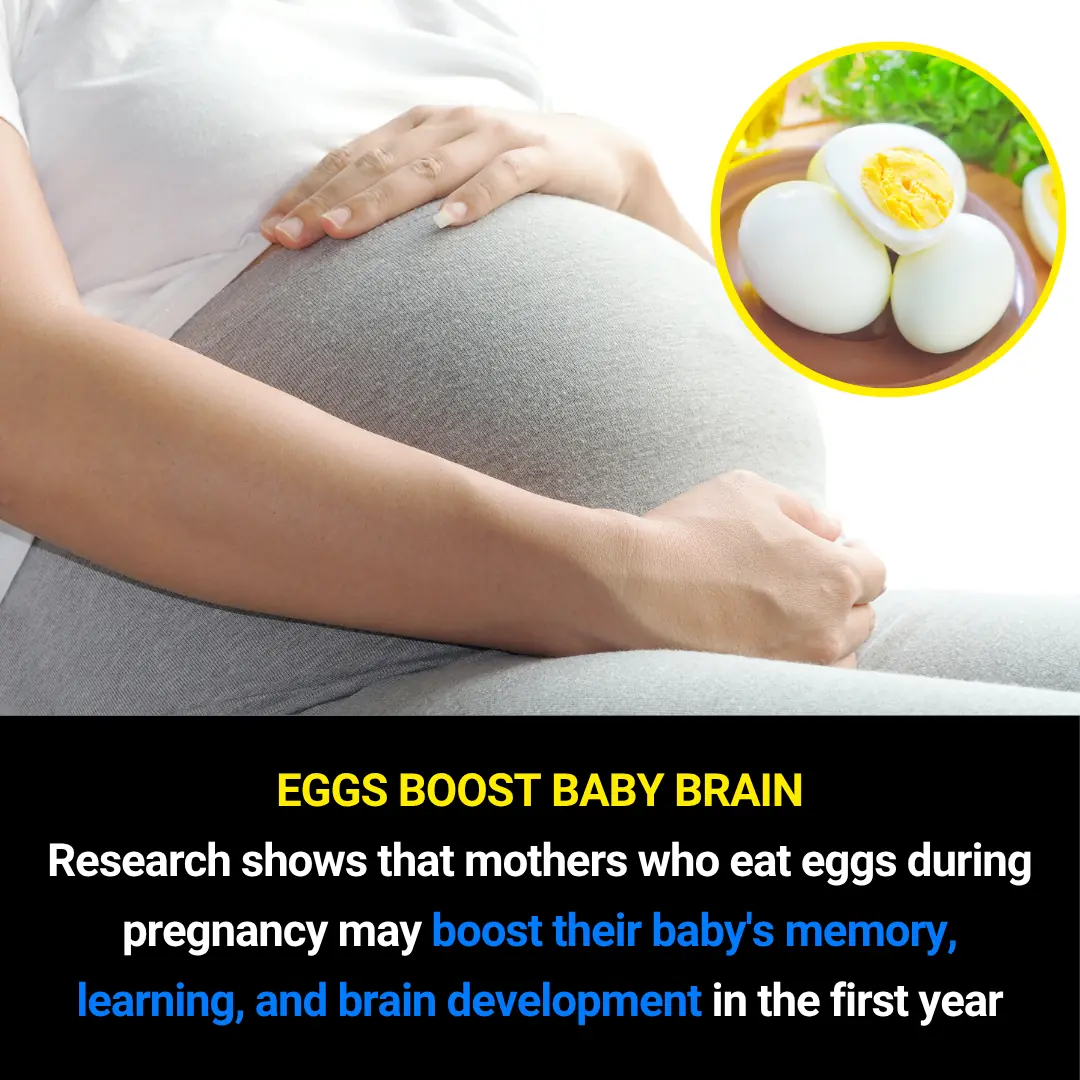
Top 10 foods that unclog arteries naturally and prevent heart attack
10 Heart-Healthy Foods That Help Prevent — and Even Reverse — Heart Disease
Keeping your heart strong begins with what you put on your plate. Today, we explore 10 powerful foods known to support cardiovascular health, reduce inflammation, and help prevent or even reverse the progression of heart disease.
10. Papaya
This vibrant tropical fruit is easy to find at most markets and delivers a surprising array of heart-protective nutrients.
A single medium papaya supplies a remarkable 224% of the Recommended Daily Value (RDV) for vitamin C, along with generous amounts of potassium and fiber.
Vitamin C plays a vital role in the production of collagen, the structural “glue” that keeps tissues and blood vessel walls strong and elastic. Without sufficient vitamin C, tiny tears can form in the arteries, forcing the body to patch them with cholesterol. Over time, this can evolve into plaque — a process accelerated by consuming refined carbohydrates and industrial “sticky” fats like margarine and vegetable oils.
Papaya’s natural vitamin C helps repair arterial damage, supports healthy blood pressure, and stabilizes blood sugar levels. Since vitamin C is water-soluble, you must replenish it daily through whole foods, not synthetic ascorbic acid.
Other excellent vitamin C sources include bell peppers (157% RDV), broccoli (135%), and Brussels sprouts (129%), all of which surpass citrus fruits.
9. Pomegranate
Pomegranate is rich in unique compounds such as punicalagin and punicic acid, which have been scientifically shown to lower LDL (“bad”) cholesterol, reduce arterial plaque by up to 30%, and regulate blood pressure by an impressive 12%.
In one study, participants consumed just one ounce of pomegranate juice daily for a year. Some experienced improvements within two weeks, while the control group—those who did not drink the juice—actually saw a 9% increase in arterial plaque.
Pomegranates are also strongly anti-inflammatory. They lower LDL cholesterol while preventing it from oxidizing — a critical step in plaque formation. Oxidized LDL is particularly dangerous because it easily attaches to artery walls.
8. Eggs
Eggs contain one standout nutrient: vitamin K2 (menaquinone). This differs from vitamin K1, found mainly in leafy greens. K2 helps direct calcium away from the arteries and into the bones and teeth where it belongs, reducing the risk of arterial calcification.
Egg yolks contain 30 times more K2 than egg whites, and yolks from pastured hens have even higher concentrations.
A long-term Danish study involving 53,000 adults over 21 years revealed that people with the highest intake of vitamins K1 and K2 had a 21% lower risk of hospitalization due to heart disease, stroke, or peripheral artery disease.
Other excellent sources of K2 include natto, grass-fed butter, goose liver, sauerkraut, hard cheeses, eel, and dark meat poultry.
7. Curcumin
Curcumin, the bright yellow compound in turmeric, has been the subject of over 3,000 scientific studies for good reason. Its exceptional anti-inflammatory properties protect the entire cardiovascular system.
Curcumin supports endothelial function — the health of the arterial lining — and helps prevent the hardening of arteries. It also enhances the effectiveness of other antioxidants in the body.
Adding turmeric to soups, stews, teas, and curries is an easy way to incorporate this heart-friendly compound into your diet. Combining turmeric with black pepper increases curcumin absorption significantly.
6. Spinach
Organic spinach is a powerhouse source of magnesium, an essential mineral required for every cell in your body. Magnesium plays a major role in glucose metabolism, nerve function, and muscle repair — especially the heart muscle.
Because magnesium is vital for the biochemical processes that generate your heartbeat, deficiencies are linked to conditions such as:
-
Hypertension
-
Atherosclerosis
-
Arrhythmias
-
Endothelial dysfunction
-
Sudden cardiac death
One serving of spinach delivers nearly 40% of your RDV. Yet, an estimated 80% of Americans fall short of adequate magnesium intake.
Other top magnesium-rich foods include pumpkin seeds, lima beans, almonds, avocados, and high-cocoa dark chocolate.
5. Krill Oil
Krill oil is considered nearly 50% more efficient than standard fish oil because your body absorbs its omega-3 fatty acids more readily. These valuable fats — EPA and DHA — are crucial for lowering cholesterol, reducing inflammation, supporting healthy triglyceride levels, and preventing atherosclerosis.
Additional heart-healthy omega-3 sources include:
sardines, wild salmon, mackerel, tuna, halibut, seaweed, walnuts, chia seeds, hemp seeds, flaxseeds, spirulina, and chlorella.
4. Garlic
Fresh garlic is one of nature’s strongest defenders against heart disease, diabetes, and chronic inflammation.
When chopped or crushed, fresh garlic releases hydrogen sulfide, which relaxes blood vessels and helps regulate blood pressure. Cooking or processing garlic diminishes this effect.
Garlic contains allicin, along with vitamins B and C and manganese. Studies show garlic can:
-
Lower LDL (“bad”) cholesterol
-
Increase nitric oxide (improving blood vessel dilation)
-
Reduce hypertension
-
Slow the formation of arterial plaque
In many trials, its effects rival those of conventional ACE inhibitor medications.
3. Coconut Oil
Despite its high saturated fat content, coconut oil contains medium-chain triglycerides (MCTs), which your liver quickly converts into clean-burning ketone energy. This boosts metabolism and can burn up to 120 additional calories per day.
Populations consuming up to 60% of their calories from coconut exhibit remarkably low rates of heart disease and stroke.
Coconut oil supports heart health by:
-
Increasing HDL (“good”) cholesterol
-
Lowering LDL
-
Reducing triglycerides
-
Decreasing visceral belly fat
Choose unrefined, cold-pressed coconut oil for maximum benefits.
2. Green Tea
Green tea is a potent wellness tonic packed with antioxidants, especially catechins like EGCG.
A major study of 40,530 Japanese adults found that people who drank more than five cups of green tea daily had a 26% lower risk of death from heart attacks and strokes compared to those who drank less than one cup per day.
Green tea helps:
-
Reduce oxidative stress
-
Lower inflammation
-
Ease arterial stiffness
-
Regulate cholesterol
-
Support healthy weight
Loose-leaf and organic varieties provide the strongest antioxidant effects. Black tea and oolong tea also offer significant heart benefits.
1. Grass-Fed Beef
For meat eaters, quality matters as much as quantity. Grass-fed beef contains:
-
Higher omega-3 fatty acids
-
More conjugated linoleic acid (CLA)
-
Fewer inflammatory fats
-
Greater nutritional density overall
It also delivers superior levels of L-carnitine, an amino acid essential for transporting fat into cells for energy. Carnitine levels decline naturally with age, making dietary sources even more important.
Research shows carnitine can:
-
Improve survival after heart events
-
Enhance exercise tolerance in those with angina
-
Regulate LDL and HDL
-
Reduce lipoprotein(a), a major risk factor for diabetics
Grass-fed beef is also rich in CoQ10, a nutrient often deficient in heart patients and essential for healthy blood flow, energy metabolism, and recovery after cardiac events.
If you enjoy an occasional steak, choosing grass-fed beef provides a powerful nutritional boost.
News in the same category


Scientists Achieve Breakthrough in Reversing Human Skin Cell Aging by 30 Years: A New Era for Anti-Aging and Regenerative Medicine
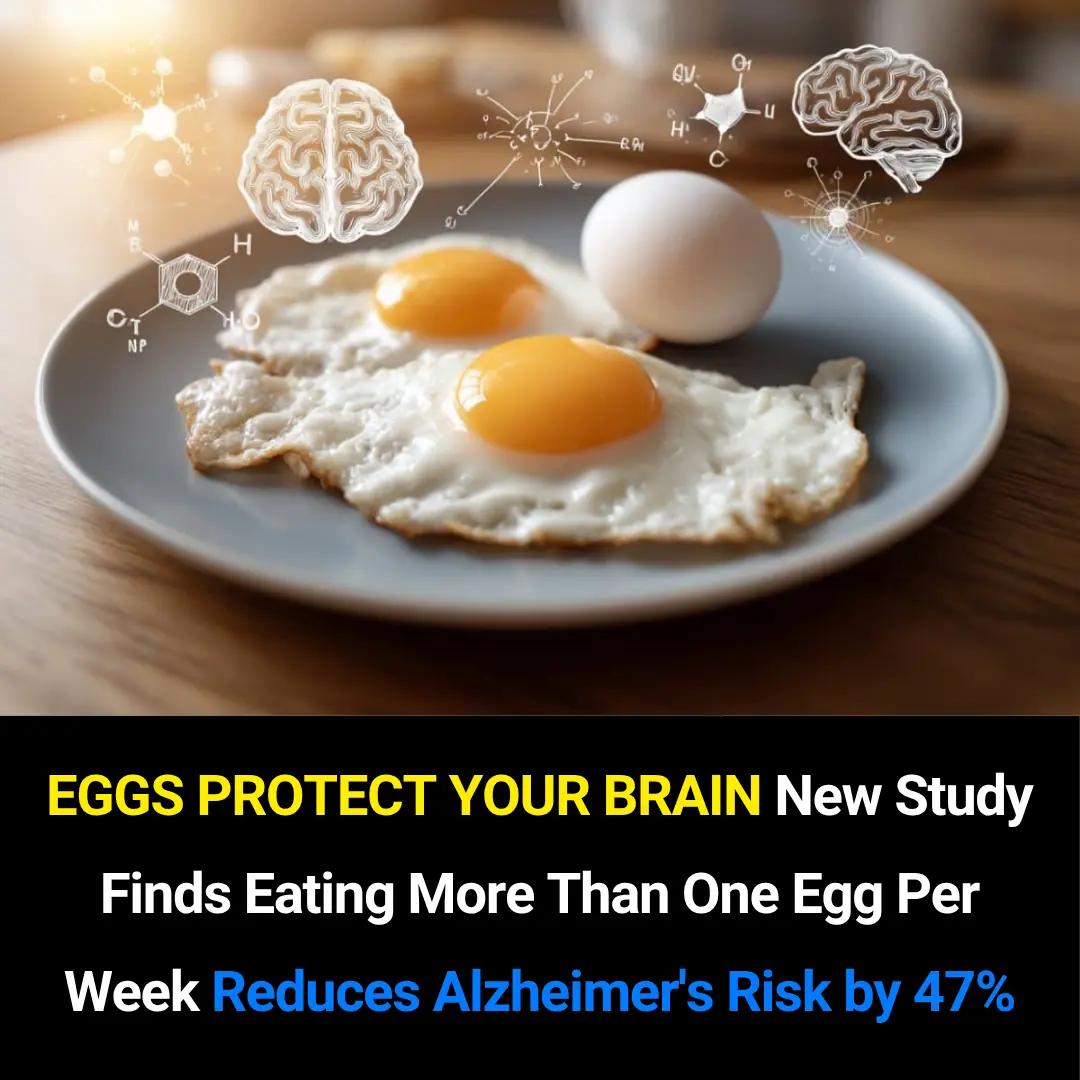
Eating Eggs Weekly May Reduce Alzheimer’s Risk by 47%: What New Research Reveals
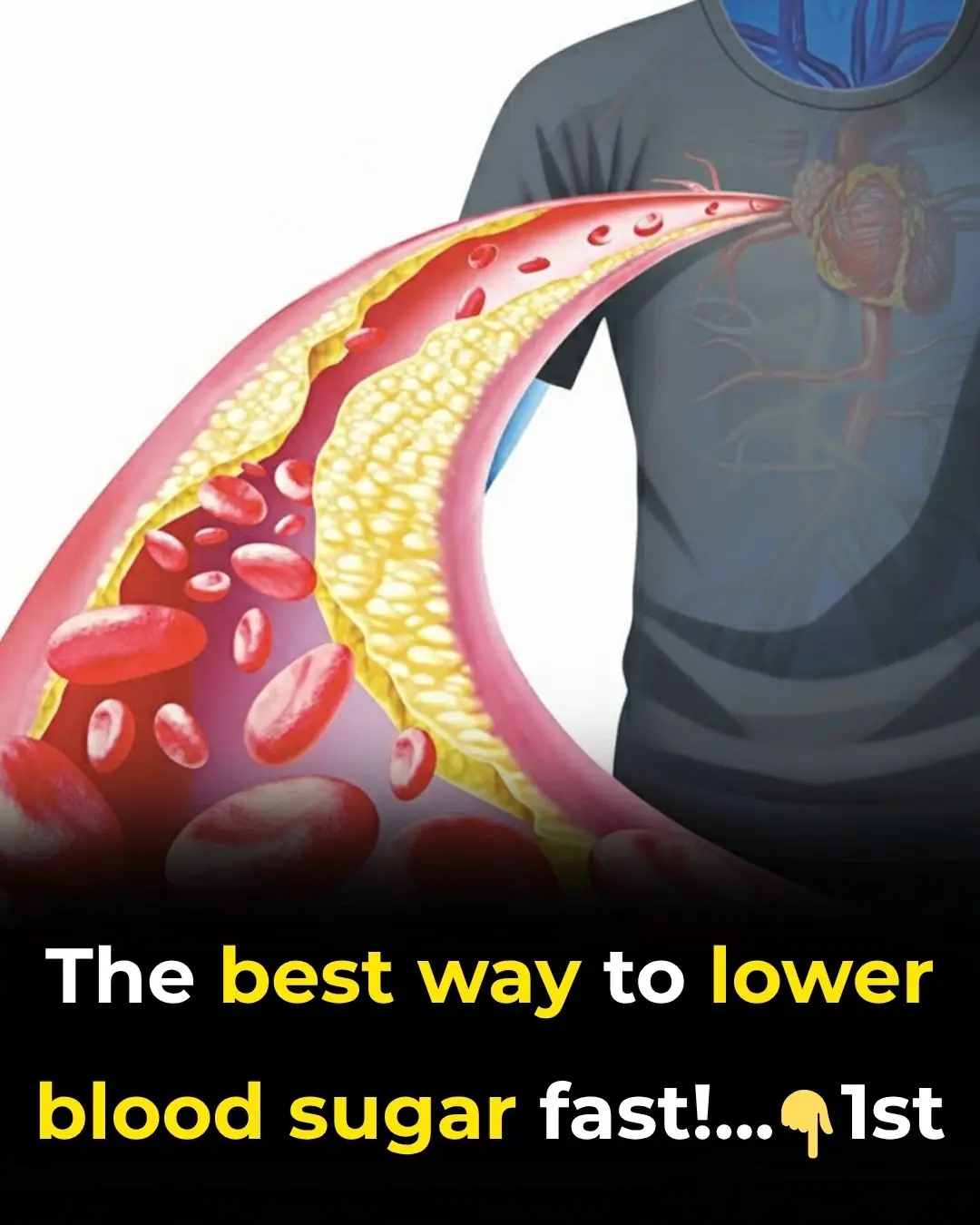
The best way to lower blood sugar fast!

Signs of pancreatic cancer you should never ignore

Top 3 Foods to Prevent Leg Cramps in Seniors: Strengthen Your Legs Naturally!
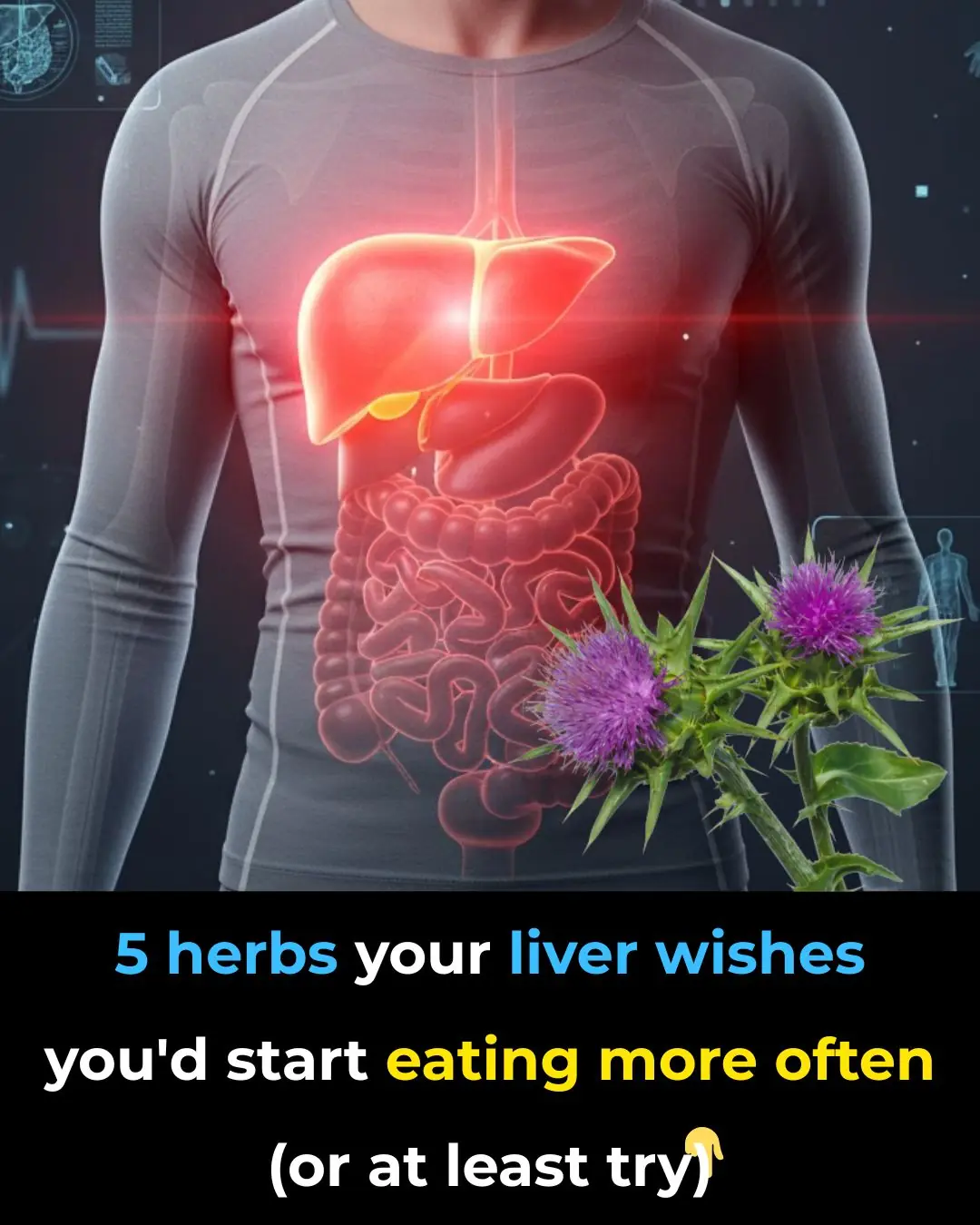
5 Herbs Your Liver Wished You’d Start Eating More Often (Or At Least Try!)
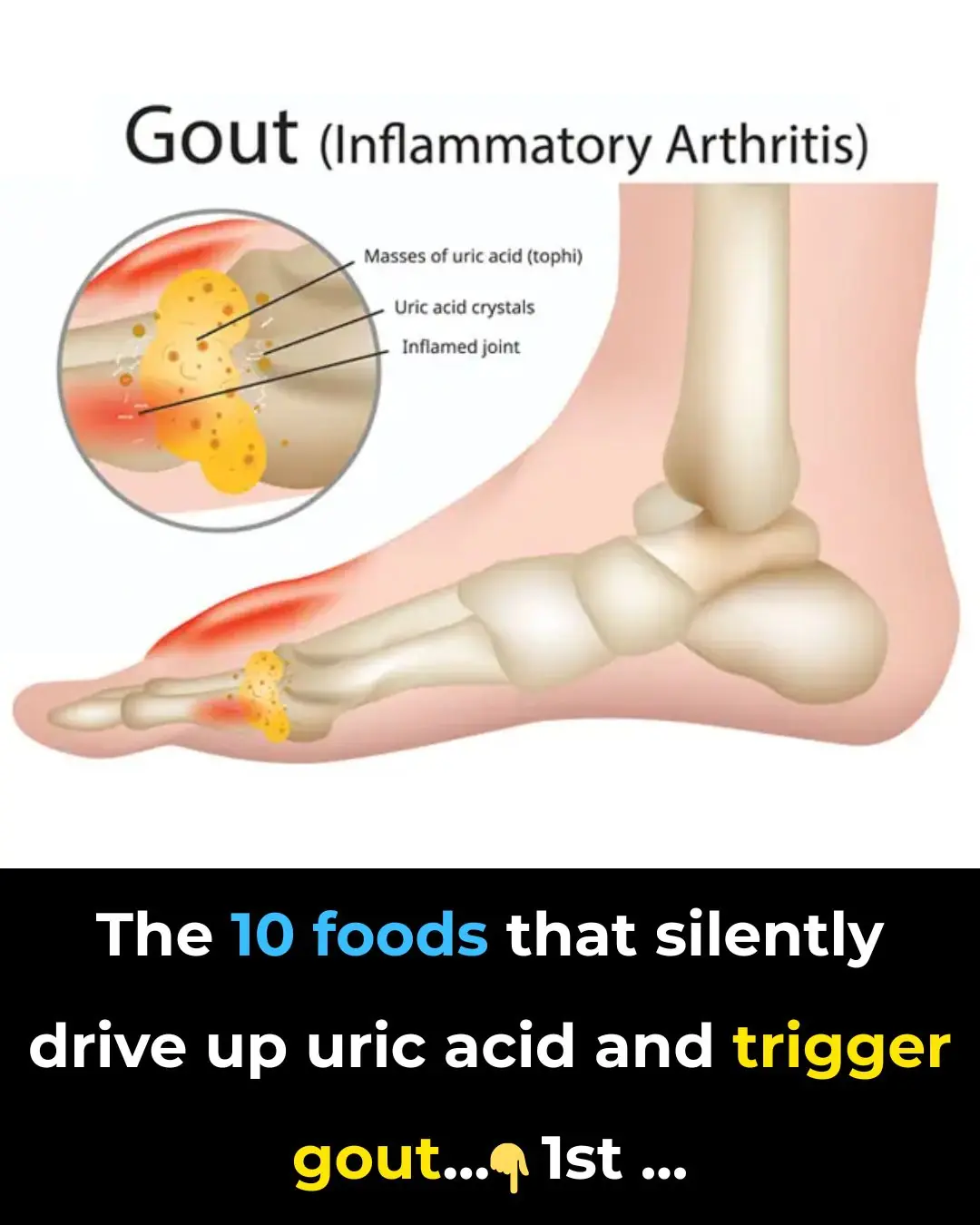
Top 10 Uric Acid Foods To Avoid If You Have Gout

The natural ingredient that helps you sleep through the night and boosts fat burning
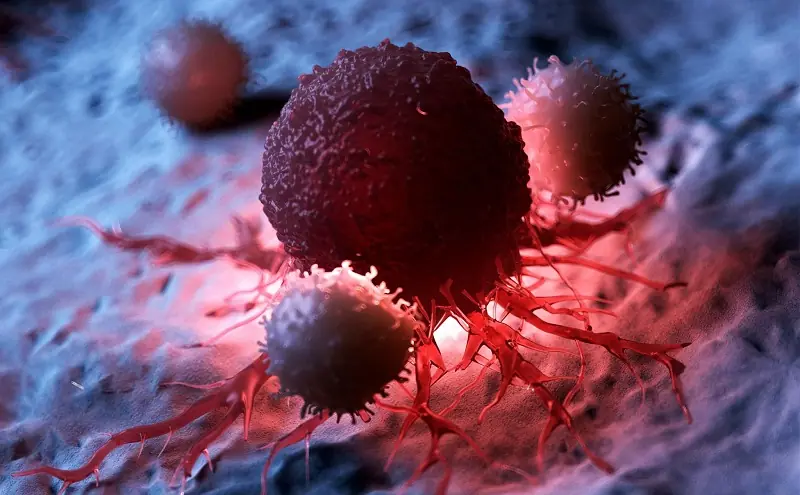
Cancer Dies When You Start Eating These 8 Foods. Time To Start Eating Them

Your Feet Are A ‘Blood Sugar Meter’ – Beware Of Diabetes If You Frequently Experience These 12 Symptoms

What are the symptoms of diabetes?

Shoulder Pain from Sleeping: Causes, Solutions and More
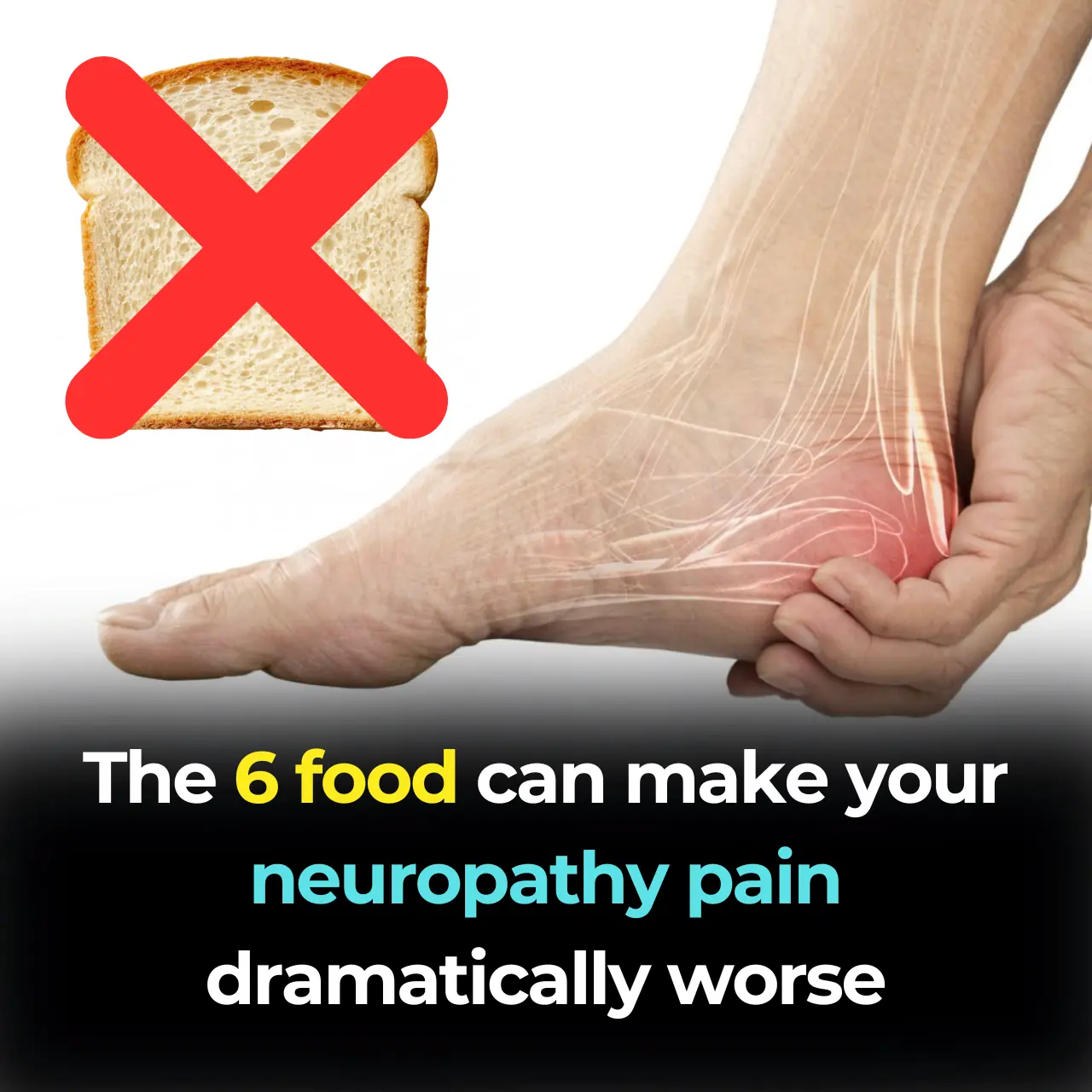
6 Trigger Foods That Cause Agonizing Pain If You Have Neuropathy
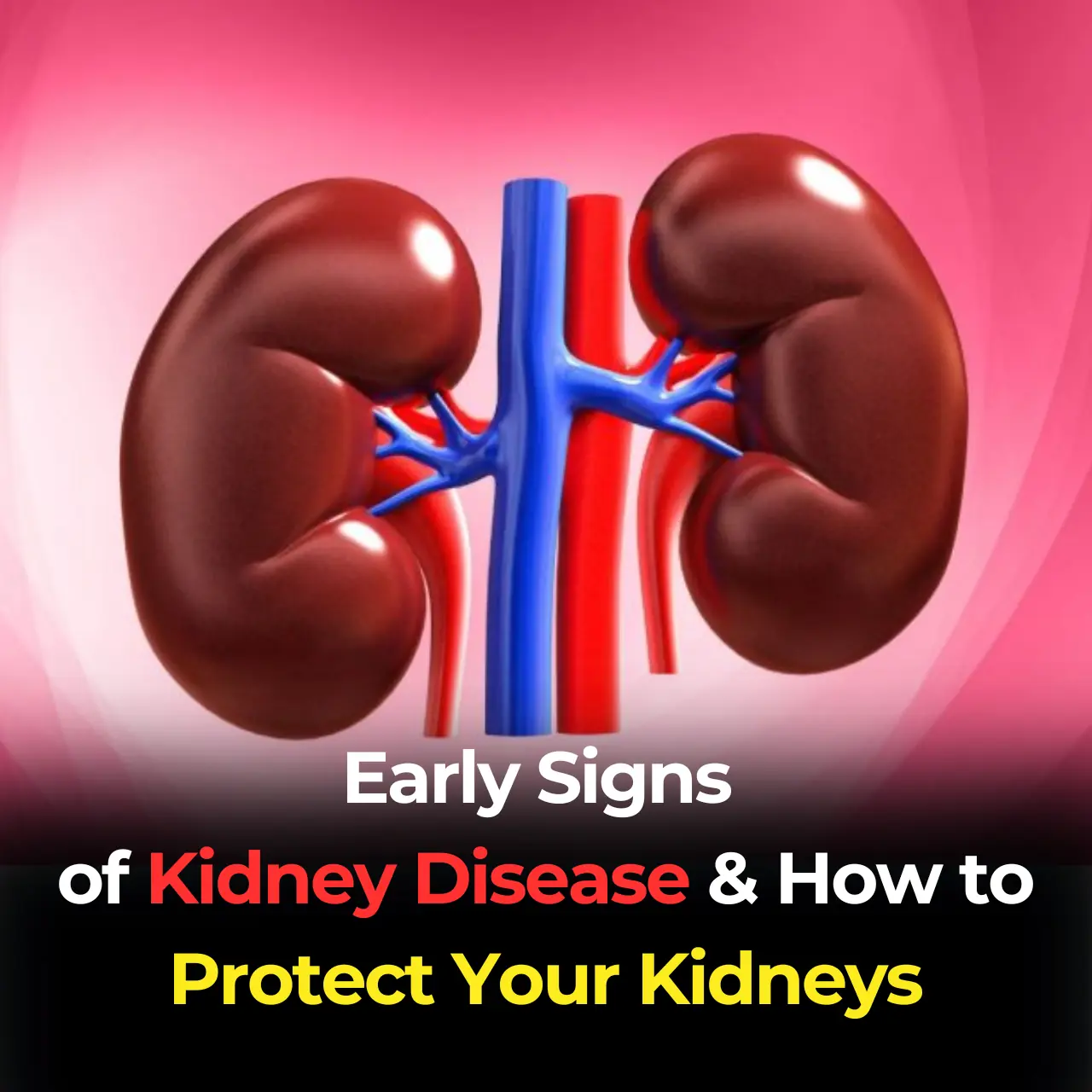
Early Signs of Kidney Disease & How to Protect Your Kidneys
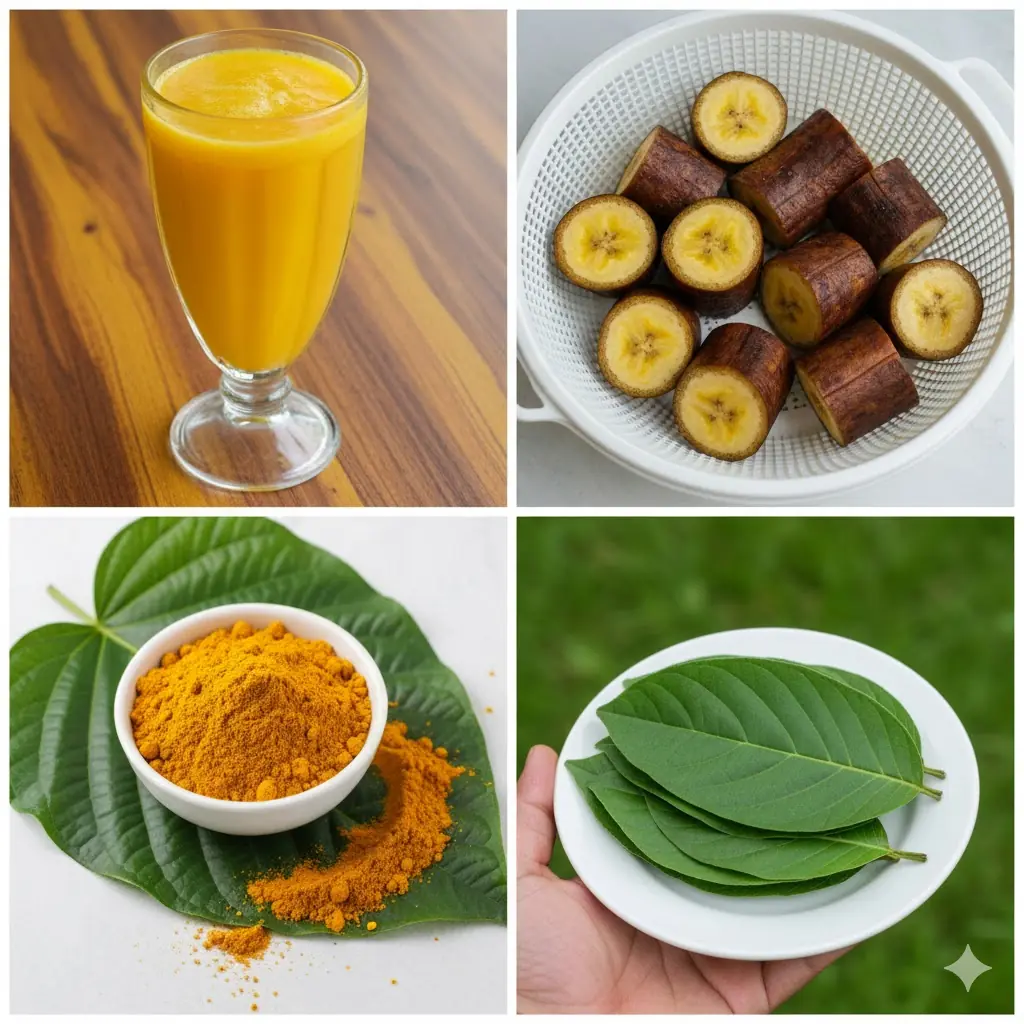
A Gentle Drink for Circulation, Balance, and Heart Wellness
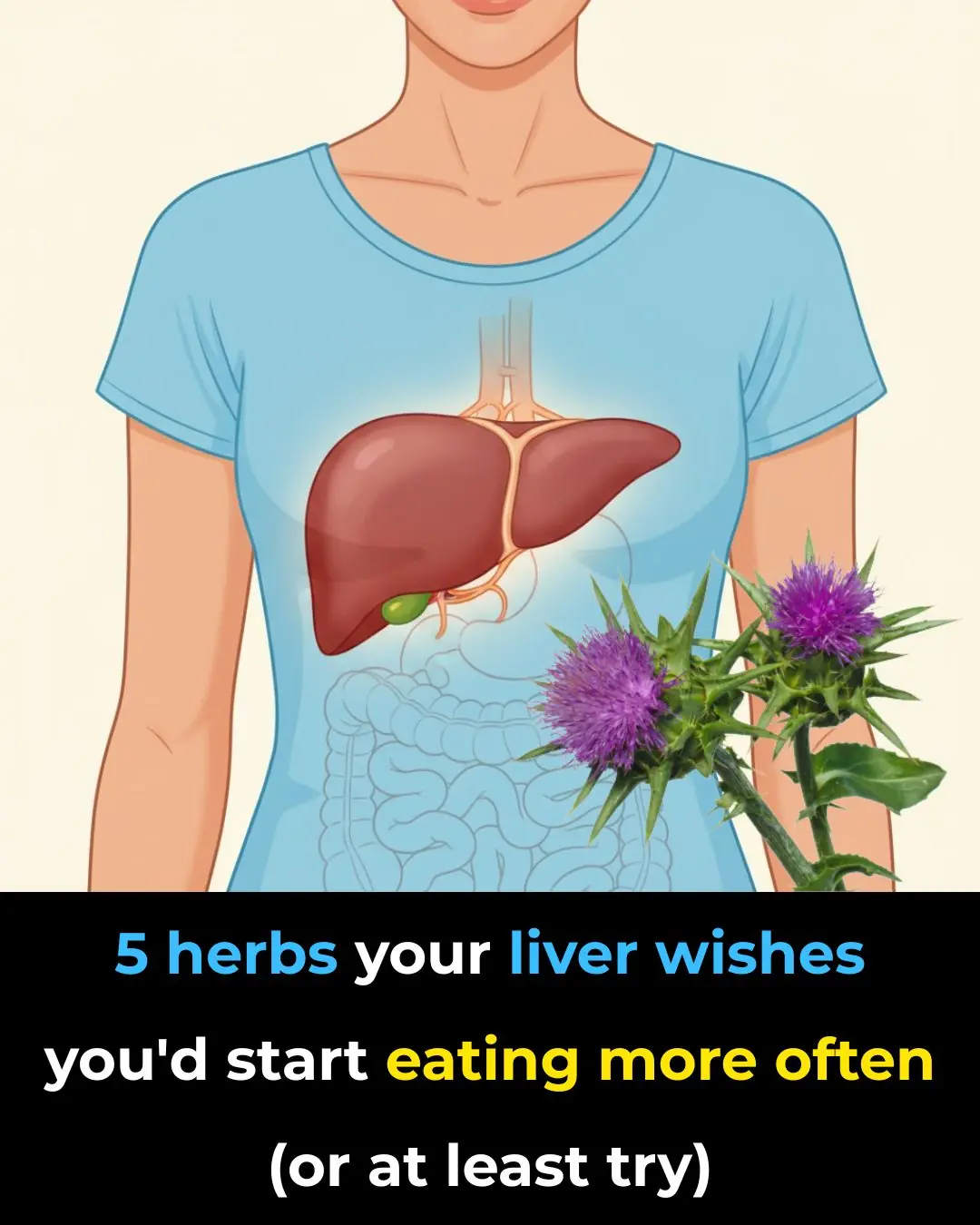
5 Herbs Your Liver Wished You’d Start Eating More Often (Or At Least Try!)

This one vitamin could help stop you from waking up to pee every night
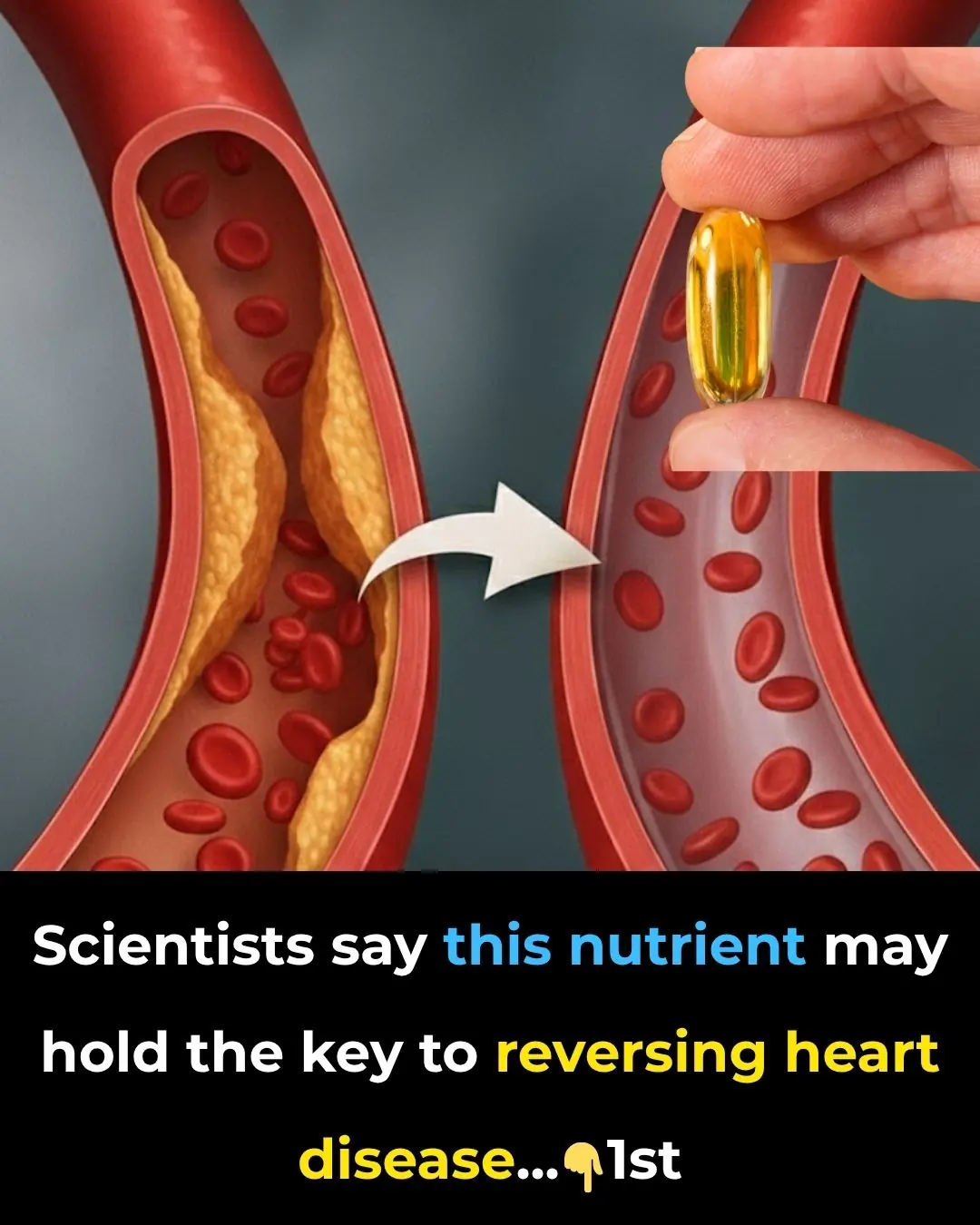
Scientists say this nutrient may hold the key to reversing heart disease
News Post

April in danger: Fans think unlikely character will rescue her after tense Emmerdale scenes

The Man in Dust and the Princess in Pink.

The Day Colin Farrell Chose Love Over Wildness.

The Man Who Began His Life in Chains and Ended It as an American Art Legend.

All-new Emmerdale spoilers for next week: Horrifying death twist for Bear and Robert plots to get rid of Kev for good

Unlock Energy Savings: How Proper Use of Your Refrigerator’s Temperature Control Button Can Cut Costs

Eggs in Pregnancy: How They Can Supercharge Your Baby’s Brain Development

Scientists Achieve Breakthrough in Reversing Human Skin Cell Aging by 30 Years: A New Era for Anti-Aging and Regenerative Medicine

Eating Eggs Weekly May Reduce Alzheimer’s Risk by 47%: What New Research Reveals

The Little Warrior and the Leather-Clad Angels.

The Miracle in the Storm.

A Blanket in the Cold.

Experts reveal 10 baby names parents should avoid in 2026 as popular names that are set to go extinct revealed

The Real Reasons Men Stay in Relationships With Women They Don’t Love

The best way to lower blood sugar fast!

Signs of pancreatic cancer you should never ignore

Ariana Grande’s ‘Wicked’ costar speaks out after Singapore attack on actress: ‘You’re a bad person’

‘Jada Bout to Set That Red Table’: Jada Pinkett Smith Fans Warn Rapper Yo-Yo Over Her Shocking Confession About Tupac
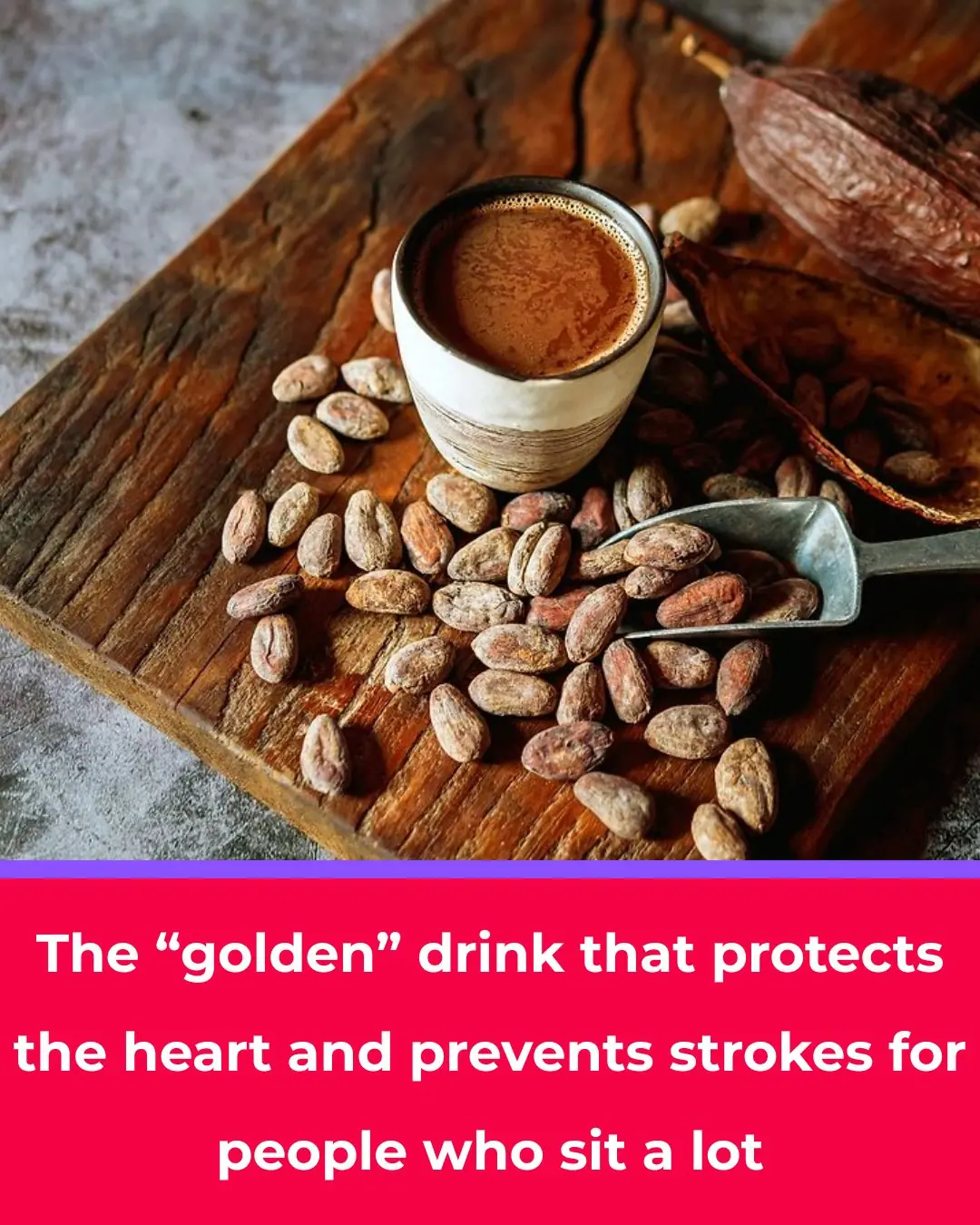
Not Tea or Coffee: The “Golden” Drink That Protects the Heart and Prevents Stroke in People Who Sit a Lot
